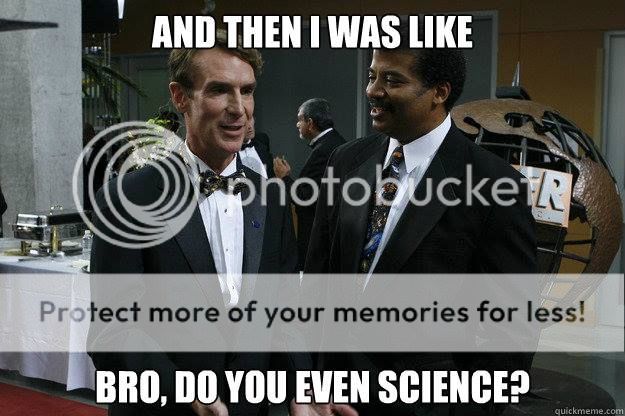In fact,
bacteria have been observed to evolve certain traits over thousands of generations, developing the ability to metabolize citrate.
Now, it would still probably take millions of generations to evolve something entirely different than the basic bacteria.
This is Lenski's ongoing experiment with e-coli. The reports on this attribute the change to a mutation. Further research will have to be done to nail down what that mutation involved. For now, we just have a new species of e-coli and even Lenski calls it e-coli.
I like your statement of faith - "it would still probably take millions of generations to evolve something entirely different than the basic bacteria." That is a good evolutionist statement. The great hope of the evolutionists - that millions of generations would evolve something other than e-coli. Lenski has just passed the 50,000 generation. I guess we will have to wait a couple hundred years to see if your hope is well founded.
I watched a car driving for a whole minute; the engine made three THOUSAND revolutions in that time, and yet at the end of the experiment, it was still in the same suburb. Sure, it was in a different place in the suburb (further work will need to be done to find out exactly which road it drove on to get from the starting point to where it is now), but the idea that it might one day end up in a different suburb - much less a different town, or a different state, is ridiculous. People have run engines for hundreds of thousands of revolutions in testing laboratories, and not once has the engine been seen to change cities in that time.
To say that cars may have originated in another state based on this evidence is pure speculation. I guess that the only way we could find out if this speculation is well founded would be to wait for several hours, to see whether any of the cars change state once again (it's such a shame we don't have time to do this).
I find it truly odd that people are happy to dismiss the above as absurd, but cannot see that rhutchin's version follows EXACTLY the same logic.
If a car can move, then there is no limit to how far it can drive, given sufficient time. But we are expected to believe that evolution is fenced in with species (or genus or family or order) boundaries that cannot be crossed - which is EXACTLY as sensible as suggesting that cars cannot cross the boundary between Queensland and New South Wales.
'Species', 'genus', 'family' and 'order' are
arbitrary classifications, like 'suburb', 'city', 'state' or 'country'. The boundaries are not real, they are fictions imposed to help understanding.
The argument 'Cars cannot move AT ALL' would be a stupid premise; but at least it would be a basis for a valid logical argument that cars cannot move between states. Arguing that 'Cars can only move slowly; The state boundary is a long way off; Therefore cars cannot move between states' is a far less compelling position; while the premises are no longer obviously false, this is at the expense of rendering the argument itself invalid - which is NOT an improvement.
Having been forced, by observation, to accept that 'Populations cannot evolve AT ALL' is a false premise, we are left with the obviously invalid argument that says 'Populations only evolve slowly; Currently existing families are very different from one another; therefore populations cannot evolve into new families'. Not only is this argument invalid, but it is far from clear that the second premise is actually true. Of course, it is pointless to consider the truth or falsity of the premises - the invalidity of the argument renders this moot.

